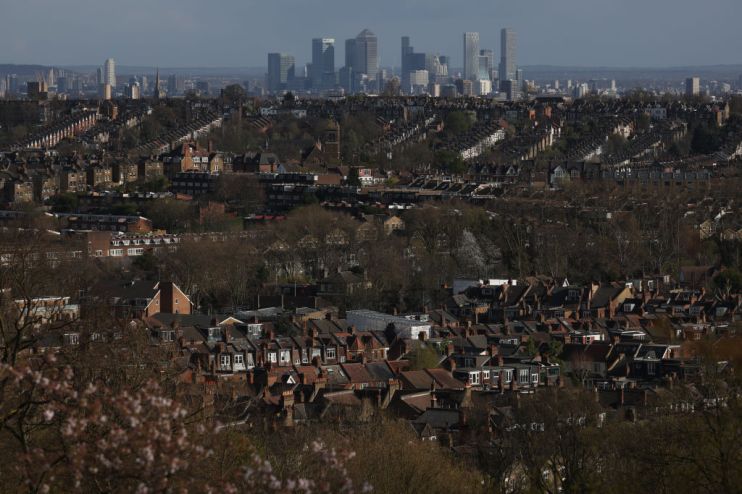UK inflation shock was bad for the Bank of England – and disastrous for families

These were not good inflation numbers for the Bank of England. They were even worse for families.
Nearly everyone has been taken aback by the Office for National Statistics calculating the annual rate of headline inflation (the consumer price index) snapped a three month falling streak to climb to 10.4 per cent last month.
That wasn’t supposed to happen. The Bank reckoned it’d be 10.2 per cent. The City thought it’d slip back into single digits – to 9.9 per cent – for the first time since last August.
The actual numbers turned out to be the biggest inflation overshoot since 2009. For those of you that still care, the retail price index was even higher at more than 13 per cent.
Prices rises trending back on an upward direction indicates the full effects of the Bank of England’s ten back to back interest rate increases has yet to pass through the UK economy – they are now four per cent.
Although when drafting their latest monetary policy statement, they may have not had a 0.4 percentage point monthly and annual core inflation jump in mind in the February inflation print.
They are respectively up to 0.8 per cent and 6.2 per cent.
Maybe a 50 basis point rise is still an option.
Trying to avoid stoking more stress in the banking sector may steer Bailey and co away from that outsized move though, but it’s worth bearing in mind movements in Bank rate don’t send that many ripples through the global financial system. That power belongs to the US Federal Reserve, who are tipped to bump borrowing 25 points higher today.
Putting financial markets aside, the sharpest effects of this inflation surge is being felt by households, and the poorest ones at that.
The rate of food price rises leapt above 18 per cent last month, the fastest increase ever recorded by the ONS.
That comes on top of energy bills being several times higher than they were a year ago despite the government capping them at £2,500 for an extra three months to the end of June.
Calculations from the think tank the New Economics Foundation project nearly every family across the income distribution will be worse off come the next election as a result of the cost of living crisis – except the richest.
Separate research from the Resolution Foundation out this week estimates typical Britons have missed out on an average £11,000 income boost since the 2008 financial crisis.
These are abnormal numbers.
Yes, the UK economy has been buffeted by an unusual series of tough shocks (financial crisis, Brexit, the pandemic and Russia’s invasion of Ukraine) in a short space of time.
But the living standards slowdown began more than a decade ago. The tide has to turn soon.